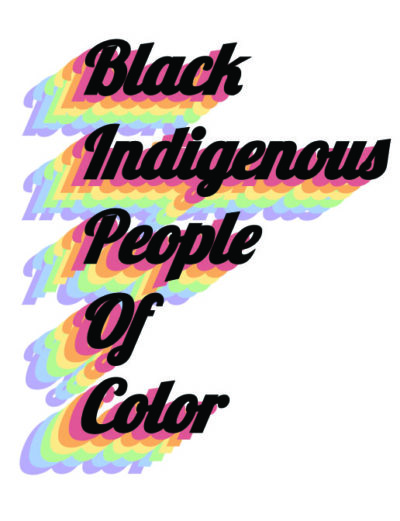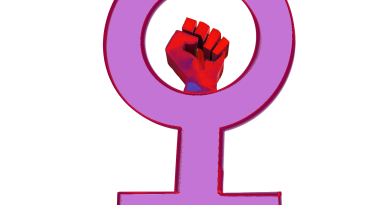Unlearning And Relearning: Black, Indigenous, People Of Color
Black, Indigenous, People of Color or “BIPOC” seems to primarily be used in shorthand, on social media, often replacing where POC would be written. This is a relatively new term that has been sparking some confusion among many people online who don’t understand what it means or when to use it.
According to an article by The New Yorker, “The Perils of ‘People of Color’” this acronym came about to address that “Black” is its own distinct identity not grouped into “people of color.” “Indigenous” identity is one of distinction as well and one that often seemed invisible in all representations within POC. The naming of these two words is seen as an important step towards visibility and inclusivity.
Language and words hold power as we know
and we would be wise to be careful in how we use them
Raven Marshall
The spelling out of these two particular words is not meant to be seen as a deflection or as a simplification of other cultural identities encompassed within POC. The truth is that such acronyms and terms are always changing and evolving. This requires us to be ready to listen and adapt, which is the true purpose of being socially conscious in a world that is hurtful for BIPOC.
Every identity is distinct, nuanced and intricate. Identity should never be understood as something that could be simplified into one all-addressing term. Language and words hold power as we know, and we would be wise to be careful in how we use them. Race may be a social construct, but our unique cultural identities are not.
I think people get scared away when they encounter new terms because it makes them feel like the old terms could be harmful or perhaps, they are afraid that they have been wrong this whole time. I argue that we go beyond our ego that is afraid to be wrong or to potentially cause harm to others.
We must understand that cultural identity is not rigid in its definition and should be adhered to whenever BIPOC voices break through the barrier of mainstream jargon. Something that happens too little too often. After all, it has been the voices of BIPOC that have brought this term forward.
“BIPOC” perhaps captures a moment in time that we know is fleeting but is emblematic in shaping our view of critical and conscious identities within the larger societal construct.




